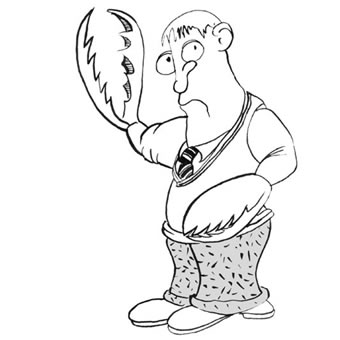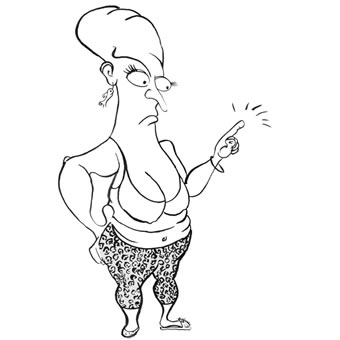The Bad Boy, Horace McDougal
Horace McDougal was a terrible boy,
Who broke his little brother’s toy,
He teased the dog and taunted the cat,
And they say he even roasted a rat!
But on Monday last he started a fight,
That gave his mother a terrible fright,
And she fell down dead on the sitting room floor,
While Horace shouted, More, more, more!
And the doctor came to Horace’s house,
And said, Where is that nasty, nasty louse,
Who’s killed his mother stone cold dead,
With fear in her heart and dread in her head?
And Horace stood up and cried, I’m here!
I admit it all, I have no fear,
And the villagers carried him off to jail,
And judge set a million pounds for bail.
And everybody cried for joy,
At last we’re rid of that tiresome boy,
But a lass named Lill sent Horace a file,
And our lad was out in a little while.
And Horace and Lill ran off together,
To a place that promised sunny weather,
But legend says that it didn’t go well,
And a priest was tolling a funeral bell,
For poor dead Lill, they sounded the bugle,
While everyone searched for Horace McDougal.






